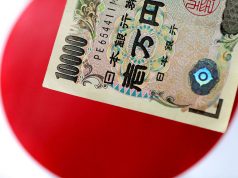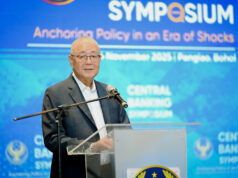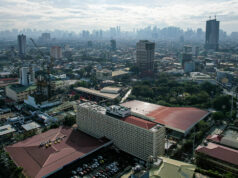Midterm polls bare campaign lessons
By Charmaine A. Tadalan
Reporter
THE RECENT MIDTERM elections showed the ineffectiveness of negative campaigning and the limits of social media drives, observers said in separate interviews late last week.
“The President is so popular, they (opposition) could have tried to come up with a campaign with a messaging that focused on programs and policies that is more objective… instead of just criticizing the anti-drug war, the foreign policy on the West Philippine Sea,” Ateneo School of Government professor Edmund S. Tayao said by phone on Thursday.
“They could have offered alternatives without naming names and without besmirching the image of the President.”
President Rodrigo R. Duterte has sustained “very good” public satisfaction ratings even amid controversies.
National Citizen’s Movement for Free Elections Secretary General Eric Jude O. Alvia shared this view, saying that criticisms against Mr. Duterte worked against opposition candidates. He also noted the strategy resulted in candidates failing to highlight their proposed platforms. “’Yung campaign nila masyadong natulak towards negative campaigning, anything against the administration, bumalandra sa kanila (Their campaign that focused too much on anything negative against the administration backfired),” Mr. Alvia said in a phone interview on Thursday. “Nakalimutan nila ‘yung message nila na anong kakargahin nilang issue, platforms (They forgot to highlight their platforms); Parang lahat confrontational (they were largely confrontational).”
And while social media does help even the playing field somewhat for lesser-known candidates, this tool has its limits.
Mr. Tayao pointed out that social networking sites cannot be accessed in far-flung areas. “The reach of social media is still quite limited,” he noted. “So apart from NCR (National Capital Region or Metro Manila), perhaps the reliability of social media is true only for key cities like Davao, Cebu, CDO (Cagayan de Oro), Baguio and probably Laoag.”
Mr. Alvia said a social media campaign still needs a stable support base for starters, which can be developed only after some time. Among others, faced with a popular President, the opposition should have started working on the public during the Barangay elections last year if its candidates were to have a better chance in the May 13 elections. “They started out late to do that campaign. Dapat may base ka na, sa kanila, ngayon pa lang gumagawa ng base. To create that base into direct votes, into tangible votes, kulang ang panahon (they lacked time). At the rate they were doing it compared to the rate the admin bets were doing, talo sila (they were done).”
University of the Philippines political science professor Maria Ela L. Atienza said social media campaigns should be backed by personal interactions, noting that elections in the Philippines is personality-driven.
“One needs to campaign using different fronts. Social media can reach certain types of people, e.g. young people, professionals and OFWs (overseas Filipino workers),” Ms. Atienza said via e-mail on Thursday.
“However, a candidate really has to go out and interact with different sectors,” she added.
“In the Philippines, because electoral and party system laws do not encourage program-based political parties and campaigns, elections remain very expensive and personality-based,” she noted.
“Those who are perceived as closer to the people, or whom people identify with… have an advantage. While there are candidates who are qualified in terms of educational degrees and professions, their perceived personalities really matter.”



